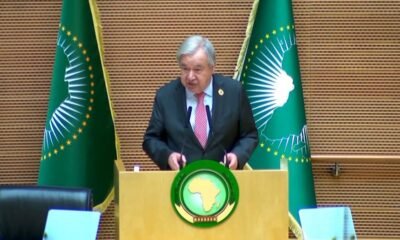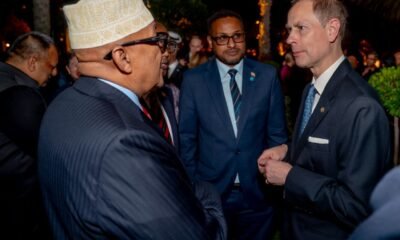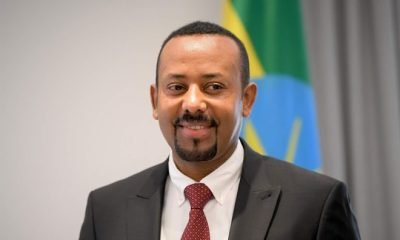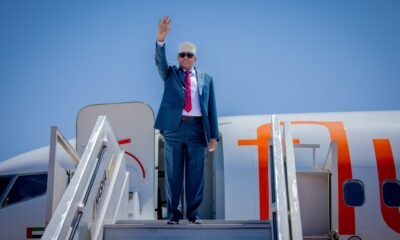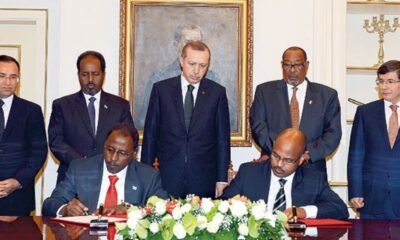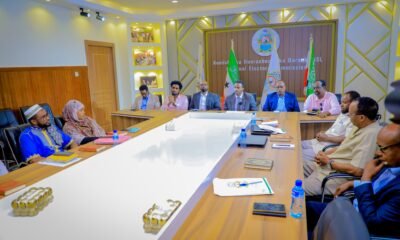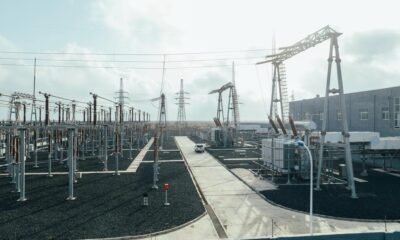Somaliland
Somaliland President Visits Survivors of Da’awaley Massacre in Hargeisa Hospital

President Abdirahman Mohamed Abdullahi (Cirro) stands with victims of the Ethiopian Somali Region attack, vowing solidarity and prayers for recovery.
President Abdirahman Mohamed Abdullahi (Cirro) of Somaliland made an emotional visit to Hargeisa General Hospital, where survivors of the Da’awaley massacre in Ethiopia’s Somali region are receiving treatment. The attack, carried out by the Liyuu Police on December 25, targeted Arap Sheikh Isaaq pastoralist communities, leaving over 114 dead, hundreds wounded, and villages reduced to ash.

The massacre has struck at the heart of Ethiopia-Somaliland relations, threatening a fragile partnership built on decades of mutual cooperation. The victims, primarily pastoralists with deep historical ties to both sides of the border, were subjected to a brutal campaign that razed homes and mosques, forcing many to flee into Somaliland for refuge.
The Liyuu Police, a paramilitary force accused of advancing Ogaden clan interests under Somali Region President Mustafe Omer, stand at the center of this atrocity. Their record of human rights abuses, including extrajudicial killings and displacement, has now escalated into a large-scale massacre that could destabilize the region further.

Somaliland’s president personally visited the injured, standing at their bedsides, offering prayers, and expressing his nation’s grief. “May God grant you strength and swift recovery,” he said, underscoring the government’s commitment to supporting survivors and seeking justice for the atrocities committed.
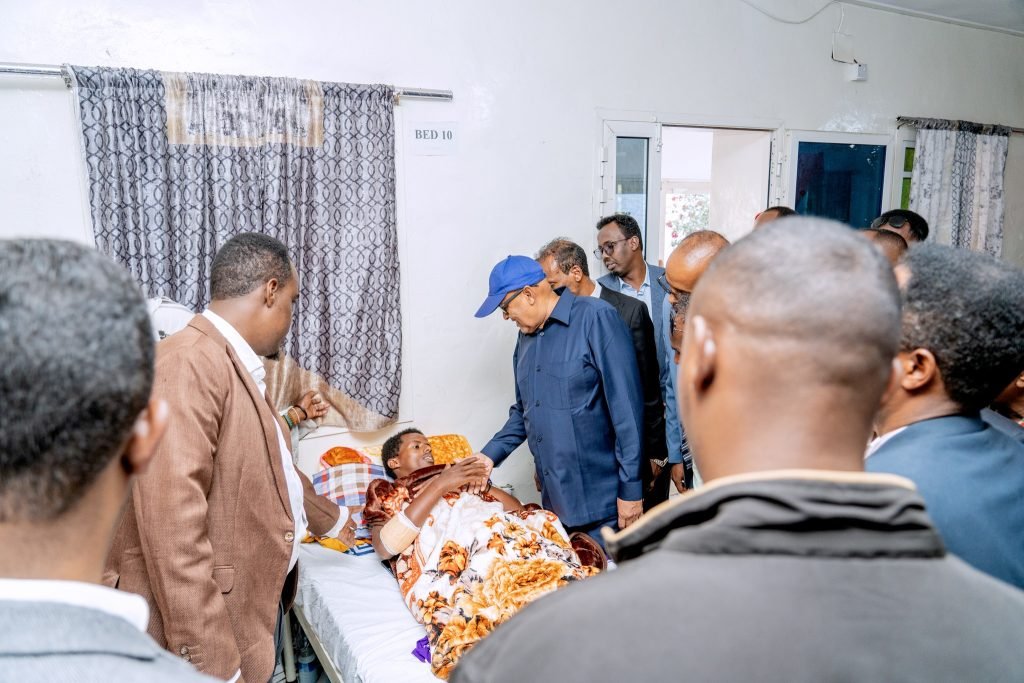
The massacre in Da’awaley has not only devastated lives but has also exposed the ethnic and political tensions simmering within Ethiopia’s Somali region. For Somaliland, which has prided itself on fostering stability and unity, the attack serves as a stark reminder of the challenges it faces as a neighbor to volatile regions.
As the victims recover from their wounds, Somaliland’s leadership must navigate a delicate path—standing in solidarity with its people, preserving diplomatic ties with Ethiopia, and advocating for accountability to ensure such horrors are never repeated. The visit by President Cirro symbolizes the nation’s resolve to support its people while seeking broader regional peace.
Somaliland
Irro: Ethiopia Cargo Pact Nears, Minerals Deals With U.S.

Trade corridors, oil by 2027, minerals for technology — Somaliland’s president signals an aggressive economic push.
Abdirahman Mohamed Abdullahi Irro said a cargo and trade agreement with Ethiopia is close to completion, underscoring his administration’s push to position Somaliland as a regional investment hub.
In an interview with CNN Business Arabic, Irro said negotiations over a cargo agreement are progressing and expressed hope that the deal would be finalized soon. The agreement is expected to deepen commercial ties between the landlocked Horn of Africa nation and Somaliland’s ports, reinforcing cross-border trade flows.
Irro said his broader goal is to create a peaceful and stable economic zone where trade can flourish. He emphasized Somaliland’s readiness to enter agreements with international partners, including the United States, particularly in the development and export of precious minerals.
The president also referenced a potential trade arrangement with Israel, first mentioned in a recent interview with Reuters, involving the sale of minerals in exchange for advanced Israeli technology and equipment.
To attract foreign capital, Irro said investors would benefit from long-term tax incentives and opportunities in sectors such as mining, hydrocarbons and marine resources. He added that two companies are currently engaged in oil development projects, with production targeted for 2027.
Highlighting Somaliland’s economic potential, Irro cited mineral deposits, oil and gas reserves, fisheries, tourism assets and arable land. He also noted that while Somaliland has domestic banks, his government is encouraging international financial institutions to establish branches in Hargeisa to ease investment flows.
The remarks signal an assertive economic strategy aimed at diversifying partnerships and strengthening Somaliland’s trade corridors, particularly as regional competition for investment intensifies.
Comment
Turkey’s Expanding Military Role in Somalia Raises Strategic Questions for Somaliland

Ankara says “stability.” Somaliland sees risk. The Horn of Africa is entering a new strategic chapter — and the stakes are rising fast.
When Turkish warships docked in Mogadishu, alongside reports of F-16 fighter jet deliveries and offshore drilling plans, the signal was unmistakable: Ankara is deepening its footprint in Somalia. For Somaliland — whose collective memory still carries the trauma of the 1988 bombardment of Hargeisa by the regime of Siad Barre — the optics alone are unsettling. Military expansion in Mogadishu is rarely viewed as defensive. It is viewed through history.
Yet a sober assessment of the Turkey–Somalia defense and economic framework suggests a more complex reality. Turkey is unlikely to launch — or support — an offensive campaign against Somaliland. The strategic costs would be immense.
As a key member of NATO, Ankara positions itself as a regional stabilizer, not a proxy combatant in Somalia’s internal territorial disputes. An unprovoked escalation against a relatively stable and democratic territory with informal ties to the United Kingdom, the UAE and Ethiopia would undermine Turkey’s diplomatic standing at a time when it seeks influence across Africa and the Red Sea corridor.
Economics also act as a restraint. Turkey’s maritime doctrine — often described as the “Blue Homeland” — prioritizes sea lanes, energy access and trade routes. A regional war would jeopardize precisely the offshore prospects and shipping stability Ankara hopes to cultivate. Investors do not drill in active conflict zones.
Ethiopia further complicates any military calculus. Somaliland’s memorandum of understanding with Ethiopia creates a deterrent layer Ankara cannot ignore. Turkey maintains significant economic and defense ties with Addis Ababa; it is unlikely to risk indirect confrontation over Mogadishu’s maximalist claims.
Still, the danger lies less in intent than in imbalance. Advanced aircraft in a fragile security environment introduce new variables. Even if initially deployed against Al-Shabaab, the capability itself alters regional power equations. History in Somalia has shown how quickly state assets can be redirected.
Maritime cooperation carries similar risks. If Turkish-trained Somali naval units patrol waters claimed by Somaliland — particularly near the vital Berbera corridor — even minor incidents could escalate into diplomatic crises.
The most combustible element may be energy exploration. Should Turkish drilling vessels operate in offshore blocks Somaliland considers within its jurisdiction, a commercial venture could morph into a sovereignty dispute with international implications.
Turkey is not preparing an invasion. It is consolidating influence — military, economic and maritime — in a strategically vital region. For Somaliland, the challenge is not alarmism but strategy: direct engagement with Ankara, stronger regional integration with Ethiopia, and early internationalization of maritime boundary concerns.
In the Horn of Africa, power shifts rarely announce themselves loudly. They unfold quietly — until they don’t.
Somaliland
Irro: Somali Unity Must Start Beyond Somaliland
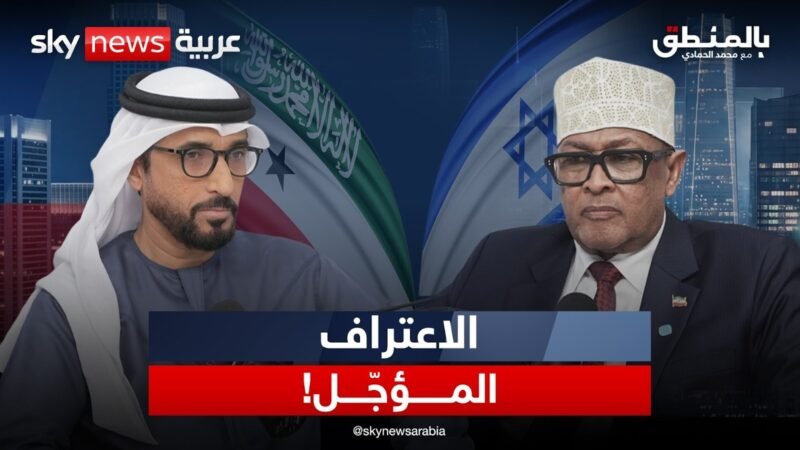
Somaliland President Abdirahman Mohamed Abdullahi Irro has said that calls for Somali unity are misplaced unless they first include other Somali-inhabited territories in the Horn of Africa, arguing that Somaliland’s status should only be discussed after those regions are unified with Somalia.
Speaking to Sky News Arabia, Irro said that if genuine Somali unity is the goal, then Djibouti, the Somali Regional State of Ethiopia, and Kenya’s Northeastern Frontier District should be part of that conversation first.
“If Somali unity is desired, Djibouti should join Somalia, it used to be part of it; the Somali Region of Ethiopia should not join Somalia; the NFD should not join. If the world wants Somali unity, they should unite,” Irro said, questioning why the union between Somalia and Somaliland is treated as unique.
He argued that many governments misunderstand Somali history, noting that Somali territories were divided into five parts during the 1884 Berlin Conference. Somaliland, he said, became the first Somali territory to gain independence in 1960 and was recognized by 35 countries, including Israel.
Irro said Somalilanders quickly rejected the union with Somalia after independence due to abuses and marginalization, making any future reunification impossible. “Another union is never possible,” he said.
Tensions between Somaliland and the Somalia federal government resurfaced late last year following Israel’s recognition of Somaliland, a move that angered leaders in Mogadishu.
Somaliland continues to push an international diplomatic campaign seeking formal recognition, insisting its case is rooted in history, sovereignty and the will of its people.
Opinion
The Unfinished Genocide: A Strategy Repeated
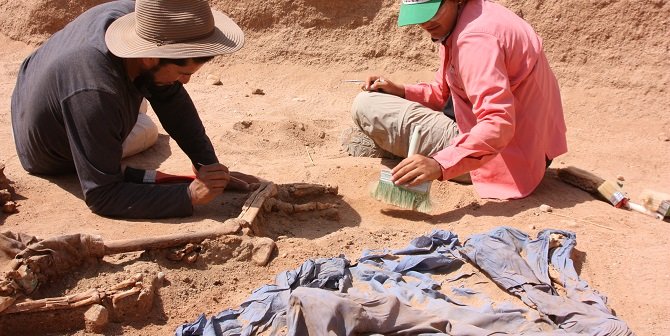
Mapping the Perpetual Threat: Foreign Intervention and the Siege of Somaliland’s Sovereignty.
By Mo Saeed
Introduction:
This report examines two distinct but thematically linked allegations concerning external military intervention in Somaliland. The first is a well-documented historical case: the hiring of foreign mercenary pilots by the Mohamed Siad Barre regime to conduct a brutal aerial campaign against Hargeisa and other northern cities in 1988–1989. The second is a contemporary genocide against Somaliland that the current Federal Government of Somalia is seeking military support from Turkey, Egypt, and Saudi Arabia for similar purposes. This analysis aims to present the available facts, highlight potential parallels, and assess the implications of such external involvements.
The Historical Case:
Foreign Mercenaries in the 1988–1989 Bombing Campaign:
In May 1988, the Somali National Movement (SNM) launched a major offensive in northern Somalia (present-day Somaliland), capturing parts of Hargeisa as they could no longer watch Barre’s regime systematically wiping Isaq people out from the Horn of Africa . The Siad Barre regime responded with a massive and indiscriminate military campaign aimed at crushing the rebellion and terrorizing the civilian population, actions widely characterized as war crimes and crimes against humanity. The Isaaq genocide, also known as the Hargeisa Holocaust.
Recruitment and Origin of Pilots:
To supplement its air force, the Barre regime hired foreign mercenaries . These pilots were primarily recruited from South Africa and former Rhodesia (Zimbabwe).
One specific account notes that “bombing raids on the towns for one month were conducted mainly by mercenaries recruited in Zimbabwe.
These mercenaries operated during the peak of the conflict in 1988–1989. They flew missions from the Hargeisa airport, targeting not only SNM positions but also conducting widespread, indiscriminate bombing of civilian areas in Hargeisa and surrounding regions. Their role was to provide the regime with additional aerial strike capacity for a campaign of collective punishment.
The objective was to support the Somali army in suppressing the civilians uprising by terrorising the civilian population through sustained aerial bombardment. This campaign resulted in the destruction of a large part of Hargeisa, Burao and caused thousands of civilian casualties, and is a central element of the planned and executed genocide against the Isaaq clan. The use of mercenaries allowed the regime to conduct this intense bombing campaign despite potential constraints within its own military.
Recent reports and statements indicate that the current Federal Government of Somalia is seeking direct military assistance from foreign states specifically Turkey, Egypt, and Saudi Arabia for operations against Somaliland with the aim of committing genocide again past genocide survivors. A prominent fact is that Somalia’s Minister of Defence requested his Saudi counterpart to conduct airstrikes against Somaliland and to facilitate the capture of its president.
Turkey already has a significant military training and infrastructure presence in Somalia. The current evidence suggests this partnership could be expanded to include direct combat support.
Egypt and Saudi Arabia are being asked by Somalia to provide aerial military capabilities, reminiscent of the mercenary model used in 1988, though ostensibly through state-to-state agreements rather than private contracts.
Turkey has already deployed F-16 fighter jets to Somalia to be precisely part of this plan.
As of February 2026, these specific evidence of requests for bombing and capture operations reflect heightened tensions between Mogadishu and Hargeisa and a genuine fear in Somaliland of a return to large-scale, externally supported violence.
Historical Parallels:
The current requests evoke a direct parallel to the 1988 strategy, the Somali government seeking external aerial firepower to resolve its 60 year occupation with Somaliland. The historical precedent shows that such outsourcing of violence can lead to disproportionate and indiscriminate attacks on civilians, with lasting humanitarian and political consequences.
Key Differences:
The historical case involved private mercenaries, while current evidence point to formal state actors.
The 1988 campaign occurred during the Cold War with less international scrutiny. Today, any such overt foreign military action would face immediate global attention and potential legal ramifications under international law.
Potential Implications:
For Somaliland this reinforces its deep-seated security fears and unhealed genocide scars and it could destabilize the relative peace maintained since the 1990s.
For Regional Stability, it could draw neighboring states into a proxy conflict, escalating tensions in the Horn of Africa.
For International Law, it would raise serious questions about the legality of cross-border military actions at the request of a government against a territory that has maintained de facto independence for decades and has legitimate and legal state continuity.
Conclusion:
The use of South African and Rhodesian mercenary pilots by the Siad Barre regime in 1988–1999 is a documented historical fact that exemplifies how external military capabilities can be harnessed for internal repression, resulting in atrocities. If Israel would not recognise Somaliland , Somalia was seeking support from Turkey, Egypt, and Saudi Arabia for assisting with their planned genocide.
The international community must remain vigilant to ensure that external military involvement, in any form, does not enable further human mainly by mercenaries recruited in Turkey, Egypt or Saudi Arabia.
This recurring threat of genocide from Somalia to Somaliland which is a de jure state underscore the critical need for the failed state of somalia respecting for international law and living peacefully with its neighbours to prevent any recurrence of the devastating genocide and violence witnessed by somaliland in the past.
Somaliland is not claiming a right to secede from a functioning state. it is reclaiming a pre-existing statehood after a failed merger. This makes its case sui generis.
By Mo Saeed
Somaliland legal research (SLR)
Somaliland
Somaliland President Attends State Dinner With UK Royal in Dubai
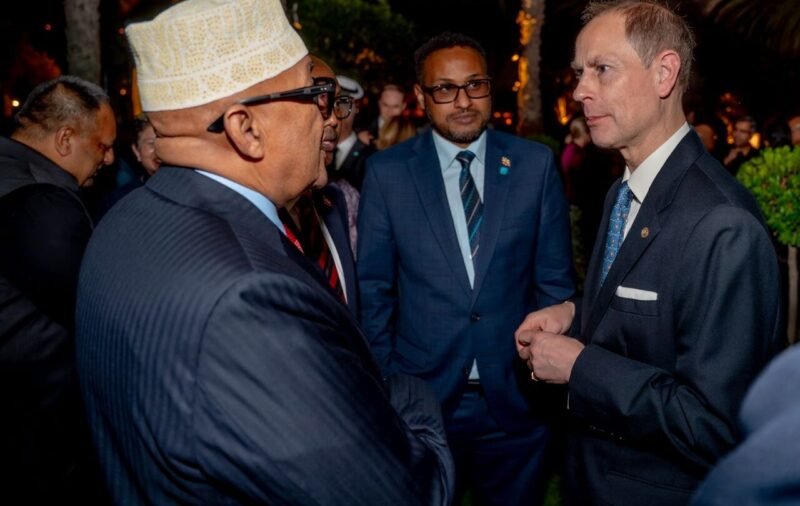
A UK royal, a key British MP, and Somaliland’s president at one table. This is diplomacy without permission — and it’s getting noticed.
DUBAI — President Abdirahman Mohamed Abdullahi of the Republic of Somaliland and the delegation accompanying him in the United Arab Emirates attended an official state dinner in Dubai on Tuesday evening, marking another high-profile diplomatic moment for Somaliland on the international stage.
The dinner was attended by Prince Edward, Duke of Edinburgh, brother of King Charles III, underscoring the level of international engagement surrounding the Somaliland delegation during its working visit to the UAE.
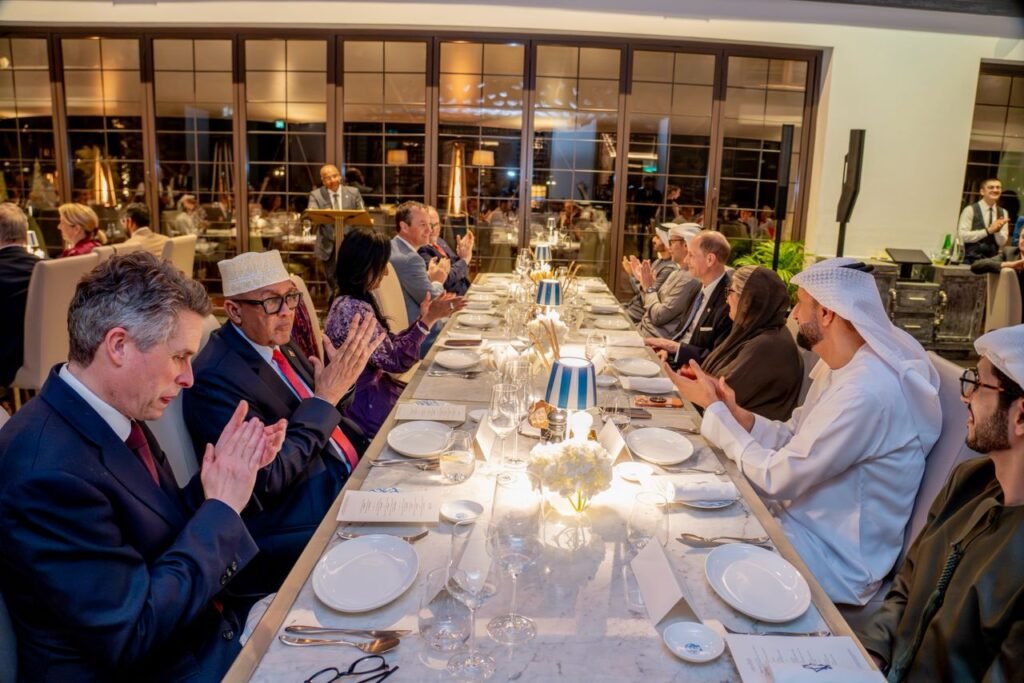
Officials described the event as a reflection of the growing diplomatic visibility and international respect Somaliland is cultivating, particularly with longstanding partners such as the United Kingdom. Somaliland and Britain share deep historical ties dating back to the British Somaliland Protectorate era, a legacy that continues to shape political and social engagement between the two sides.
Also in attendance was Sir Gavin Williamson, a member of the UK House of Commons and one of the most vocal supporters of Somaliland’s quest for international recognition. Williamson has repeatedly raised Somaliland’s case in British and international political forums and is regarded in Hargeisa as a key ally.
President Abdullahi used the occasion to express his appreciation to Williamson for what he described as consistent and principled support for Somaliland and its people. According to Somaliland officials, the president emphasized the importance of allies who continue to advocate for Somaliland’s democratic record, stability, and right to self-determination.
Discussions during the event highlighted the shared interest in strengthening cooperation across governance, development, security, and people-to-people relations. Participants also reaffirmed a mutual commitment to dialogue, peaceful coexistence, and international cooperation as foundations for future engagement.
The dinner forms part of a broader diplomatic push by Somaliland’s leadership during the UAE visit, as President Abdullahi seeks to expand international partnerships and reinforce Somaliland’s image as a stable, responsible political actor in the Horn of Africa.
Officials said the engagement once again demonstrated Somaliland’s growing confidence and effectiveness in international diplomacy, particularly in strengthening ties with traditional partners such as the United Kingdom of Great Britain and Northern Ireland.
Somaliland
Somaliland President Returns to World Governments Summit
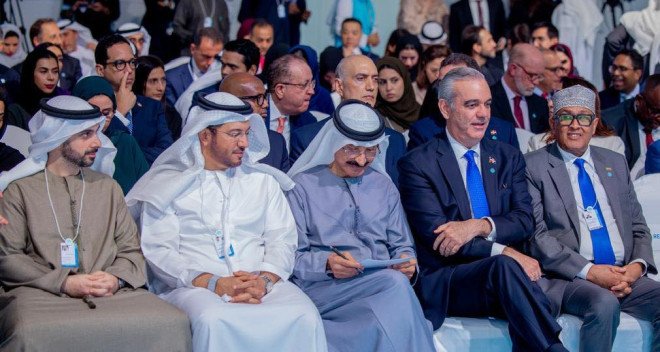
Second year in a row, Somaliland speaks where global power listens.
DUBAI — President Abdirahman Mohamed Abdullahi (Irro) has once again placed Somaliland on a major global stage, participating for the second consecutive year in the World Governments Summit, currently underway in Dubai, United Arab Emirates.
The summit, one of the world’s most influential international gatherings, brings together heads of state, prime ministers, senior ministers, global policy experts, business leaders, and international organizations to debate modern governance, leadership, innovation, and long-term state development. Its agenda is designed not around ceremony, but around how power is exercised, institutions are built, and states adapt to an increasingly volatile global order.
Irro’s repeat presence is significant. In diplomatic terms, continuity matters. Returning to the summit for a second year signals that Somaliland is no longer seeking visibility as a one-off gesture, but is positioning itself as a consistent participant in high-level global conversations. For an unrecognized state, repetition is leverage.
According to officials accompanying the delegation, President Irro is expected to hold a series of bilateral meetings with international leaders and senior officials on the margins of the summit. Those discussions are set to focus on development cooperation, stability, investment, and Somaliland’s long-term national vision—areas that align closely with the summit’s emphasis on future-oriented governance.
The diplomatic undertone of the visit is impossible to miss. Somaliland’s participation last year reportedly angered the federal government in Mogadishu, which objected to the invitation and, according to regional diplomatic sources, raised concerns with the United Arab Emirates in an effort to prevent a repeat appearance. Those efforts failed.
Relations between Mogadishu and Abu Dhabi have since deteriorated further, particularly after Somali officials accused the UAE of quietly supporting Somaliland’s recognition drive—an allegation Emirati authorities have not publicly endorsed but have also not forcefully denied. Against that backdrop, Irro’s presence in Dubai this year carries a sharper geopolitical edge.
For Somaliland, the summit offers more than symbolism. It provides a platform to present its record on peacebuilding, democratic processes, and state-building to an audience that increasingly values stability and governance capacity over formal diplomatic labels. In a world where influence is often shaped by access rather than recognition alone, Somaliland is choosing presence as its strategy.
By returning to the World Governments Summit, Irro is reinforcing a clear message: Somaliland intends to be seen, heard, and engaged—regardless of who objects.
Somaliland
President Irro Heads to UAE for World Governments Summit in Dubai
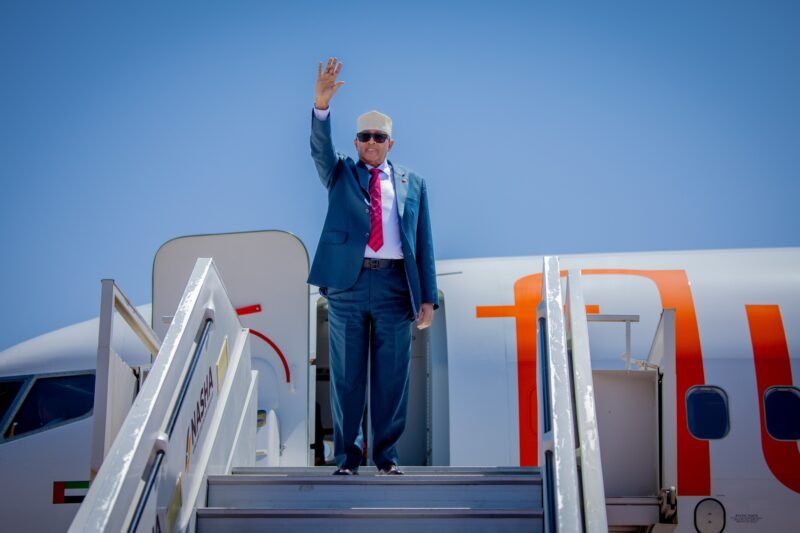
From Hargeisa to Dubai—Somaliland steps into a room of 130 nations and speaks for itself.
The President of the Republic of Somaliland, Abdirahman Mohamed Abdullahi (Irro), has departed for the United Arab Emirates on a high-profile working visit that underscores Somaliland’s expanding diplomatic footprint, as he prepares to participate in the World Governments Summit in Dubai.
The visit carries significant diplomatic weight. At the summit, President Irro will represent Somaliland at one of the world’s most influential global forums, bringing together leaders and senior officials from more than 130 countries, alongside international organizations and global decision-makers shaping political and economic agendas.
According to officials, President Irro is expected to deliver a keynote message highlighting Somaliland’s experience in state-building, peace consolidation, democratic governance, and development. The address is aimed at positioning Somaliland as a stable and credible political entity in the Horn of Africa, while reinforcing its role as a responsible partner in a region often defined by instability.
Beyond the summit’s formal sessions, the President and his delegation are scheduled to hold a series of bilateral meetings with international leaders and senior officials. These discussions will focus on priority areas for Somaliland, including development cooperation, investment opportunities, trade expansion, security collaboration, and long-term strategic partnerships.
The government views the invitation and participation in the World Governments Summit as another signal of growing international confidence in Somaliland’s governance model. Despite the absence of formal international recognition, Somaliland continues to secure a presence in high-level global forums, leveraging its record of peace, political continuity, and institutional development.
Officials in Hargeisa say the UAE visit reflects a broader strategy by the Irro administration to deepen international engagement, attract investment, and translate Somaliland’s internal stability into tangible economic and diplomatic gains.
As global leaders gather in Dubai to debate governance, technology, and future development models, Somaliland’s presence at the table serves as a reminder that influence in international politics is increasingly shaped not only by recognition, but by performance, credibility, and the ability to articulate a compelling national story.
Somaliland
How Turkey Helped Block Somaliland’s Recognition
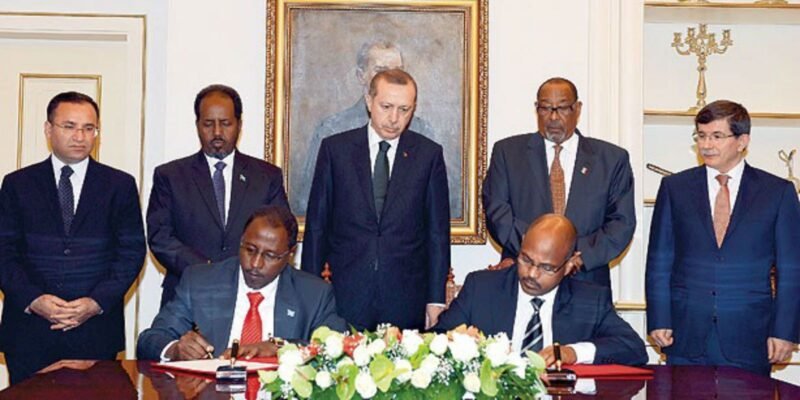
Turkey’s Admission and Somaliland’s Long Road to Recognition: What Davutoğlu’s Words Reveal?
For years, Somalilanders have argued that their lack of international recognition is not the result of ambiguity about their record, but of deliberate geopolitical obstruction. This week, that claim received rare and explicit confirmation—from Ankara itself.
Former Turkish prime minister Ahmet Davutoğlu publicly acknowledged that in 2012 he personally intervened to block a European Union initiative, led by the United Kingdom, that aimed to recognize Somaliland as an independent state. His account offers one of the clearest windows yet into how Somaliland’s diplomatic trajectory was halted—not by doubts over its governance, but by regional politics and unrelated strategic calculations.
According to Davutoğlu, the push for recognition was already gaining momentum when he arrived at a meeting with European leaders. At its center was William Hague, then Britain’s foreign secretary, who argued that Somaliland’s stability, democratic credentials, and internal security set it apart from the chaos engulfing southern Somalia at the time. By any conventional benchmark, Hague’s case was straightforward: Somaliland functioned as a state, while Somalia barely did.
Davutoğlu rejected that logic outright. In his telling, recognizing Somaliland would “divide” Somalia just as Turkey claimed to be helping stabilize it. More strikingly, he framed the issue through a lens that had little to do with the Horn of Africa. Recognition of Somaliland, he warned, could open the door for Britain to recognize Northern Cyprus—a red line for Turkey. The comparison stunned those in the room, but it proved decisive.
In that moment, Somaliland’s future was subordinated to Ankara’s Cyprus policy.
Dialogue as Delay
Davutoğlu went further, describing how Turkey then positioned itself as a mediator between Hargeisa and Mogadishu. He called both Somaliland’s then-president Ahmed Mohamed Mahmoud (Siilaanyo) and Somalia’s transitional leader Sheikh Sharif Sheikh Ahmed, urging them to engage in talks under a banner of Muslim solidarity and non-interference by external powers.
Those talks, which dragged on for more than a decade, never produced a settlement. For many in Somaliland, Davutoğlu’s admission confirms what they long suspected: the dialogue process was not a bridge to recognition, but a holding pattern designed to freeze it. As long as talks existed, international actors could claim the issue was “under discussion” and postpone decisive action indefinitely.
History appears to support that view. While Somaliland maintained relative peace, held elections, and built institutions, the international community waited. Recognition was deferred not because Somaliland failed, but because it was asked to keep talking.
From Mediation to Confrontation
That era is now over. Talks between Hargeisa and Mogadishu have collapsed, and relations have sharply deteriorated. Somaliland has accused the Federal Government of Somalia of undermining its sovereignty, particularly through involvement in new regional administrations in contested areas. Mogadishu, for its part, has formally labeled Somaliland a security threat—placing “secessionist ideology” just behind terrorism in its national threat assessment.
The symbolism is hard to miss. Dialogue once used to block recognition has ended, but the political damage remains.
Against this backdrop, Somaliland achieved a historic breakthrough last December, when Israel became the first United Nations member state to formally recognize it. Whether others will follow remains uncertain. But Davutoğlu’s remarks have reframed the debate.
They confirm that Somaliland’s case was not lost in the shadows of diplomacy. It was actively set aside.
A Lesson From the Past
For Somalilanders, the significance of Davutoğlu’s admission lies less in assigning blame than in clarifying history. Recognition did not fail because Somaliland lacked legitimacy. It failed because powerful states chose stability narratives, regional bargains, and unrelated disputes over the principle of self-determination.
That clarity matters now. As Somaliland presses its case anew, it does so with a documented record—not only of its own governance, but of the decisions that denied it recognition in the past.
History, it turns out, was not silent. It was interrupted.
-

 Minnesota2 months ago
Minnesota2 months agoFraud Allegations Close In on Somalia’s Top Diplomats
-

 Middle East2 months ago
Middle East2 months agoTurkey’s Syria Radar Plan Triggers Israeli Red Lines
-

 Editor's Pick2 months ago
Editor's Pick2 months agoWhy India Is Poised to Become the Next Major Power to Recognize Somaliland
-

 ASSESSMENTS2 months ago
ASSESSMENTS2 months agoSomalia’s Risky Pact with Pakistan Sparks Regional Alarm
-

 Analysis2 months ago
Analysis2 months agoTurkey’s Expanding Footprint in Somalia Draws Parliamentary Scrutiny
-

 Analysis2 months ago
Analysis2 months agoRED SEA SHOCKER: TURKEY’S PROXY STATE RISES—AND ISRAEL IS WATCHING
-

 Somaliland1 month ago
Somaliland1 month agoF-35s Over Hargeisa: The Night Somaliland’s Sovereignty Went Supersonic
-

 Somalia2 months ago
Somalia2 months agoIs Somalia’s Oil the Price of Loyalty to Turkey? MP Blows Whistle on Explosive Oil Deal


